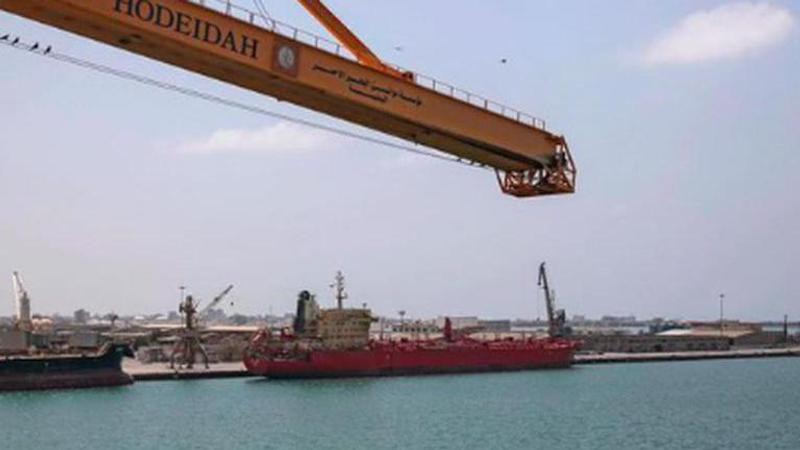Published 19:51 IST, July 12th 2020
UN to hold talks over abandoned oil tanker lying off Yemen's coast
A threat to Red Sea marine life as warned by UN sources and experts, the oil tanker has been stranded at Yemen's Ras Issa port terminal, north of Hodeidah port.

Advertisement
Amid the looming fears of disastrous blast on the abandoned oil tanker lying off Yemen's coast with 1.1 million barrels of crude onboard, the UN has decided to hold talks to avert environmental damage after signing an agreement with Yemen's Houthi rebels on July 11. A threat to the Red Sea marine life as warned by UN sources and experts, the oil tanker has been stranded at Yemen's Ras Issa port terminal, north of Hodeidah port, for at least five years. In a press release, the UN Safety Council said that an assembly on July 15 would debate the disastrous outcomes from the 45-year-old FSO Safer after reports of water that entered the vessel’s engine room has come to notice of UN.
As per a news agency report, the Iran-aligned Houthi group, which controls the port, dispatched the letter to the UN to deploy a technical team to the tanker. The unclaimed oil tanker has been unattended as a result of thawed relations between Yemen's Saudi-backed government and the Iran aligned Houthi group in the war-torn country. In a live-streamed media conference, the UN spokesman Stephane Dujarric said that the mission will carry out repairs and assess the risks into the decaying tanker which was deployed as storage and offloading vessel.
The Government of Yemen requests convening a UNSC special session to address the imminent threat posed by the decaying “Safer” oil tanker and avert an imminent environmental, economic and humanitarian catastrophe in Yemen and the region. https://t.co/49C18Isybq
— Yemen Mission to UN (@YemenMissionNY) July 4, 2020
Arranging sale of crude
According to reports, the UN has been in talks with both entities in Yemen about arranging the sale of the crude and dividing proceeds between the government and the rebels that dismantled the administration’s command hold in the capital, Sanaa, in late 2014. Further, Yemen's oil output collapsed after the intervention of the Saudi-led coalition in Yemen in March 2015. Yemen's oil-and-gas fields, most of which are located in eastern and southern areas are controlled by the Saudi-backed government.
The Iranian backed Houthis in Yemen are blocking the critical maintenance of an aging oil tanker in the Red Sea.
— Saudi Embassy (@SaudiEmbassyUSA) June 15, 2020
An oil spill could potentially have devastating consequences on Yemeni islands, the Red Sea coral reef, and the income of Yemeni fishermen. pic.twitter.com/Hyd2Fes0LY
Recently, the UN had launched virtual talks for ceasefire agreement and confidence-building for peace negotiations between both the parties in Yemen. However, due to surge in violence since late May the meetings were stalled as situations complicated after a temporary truce owing to the ongoing coronavirus pandemic was violated, according to a report.
The Saudi-led coalition has stepped up their military operations against the Houthis after they increased cross-border missile and drone attacks.
— Risk Intelligence (@riskstaff) July 8, 2020
More on PortRisk: https://t.co/Sis2N8DM5p#maritime #security #marsec #shipping #ports #Yemen pic.twitter.com/f7wJ9A6Myp
(Images Credit: Twitter/ MiddleEastInstitute)
19:51 IST, July 12th 2020




